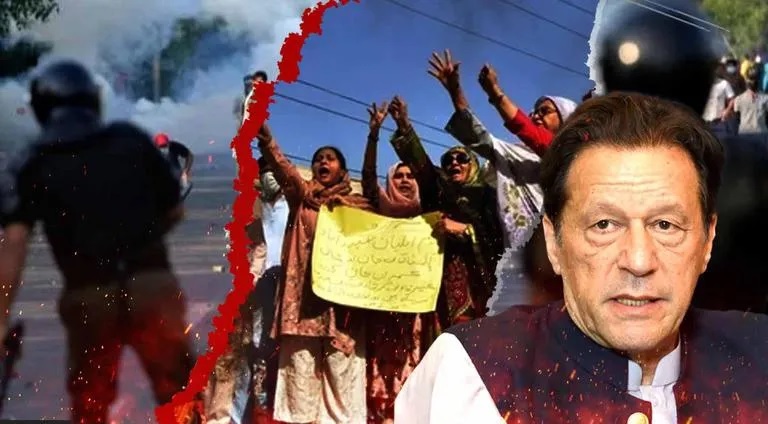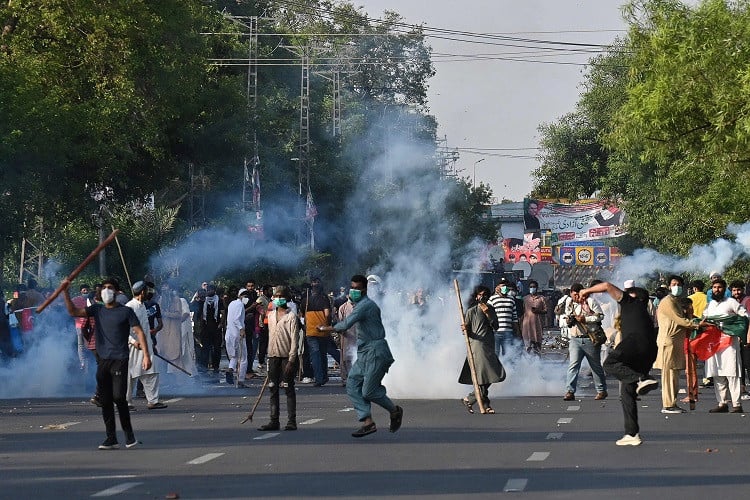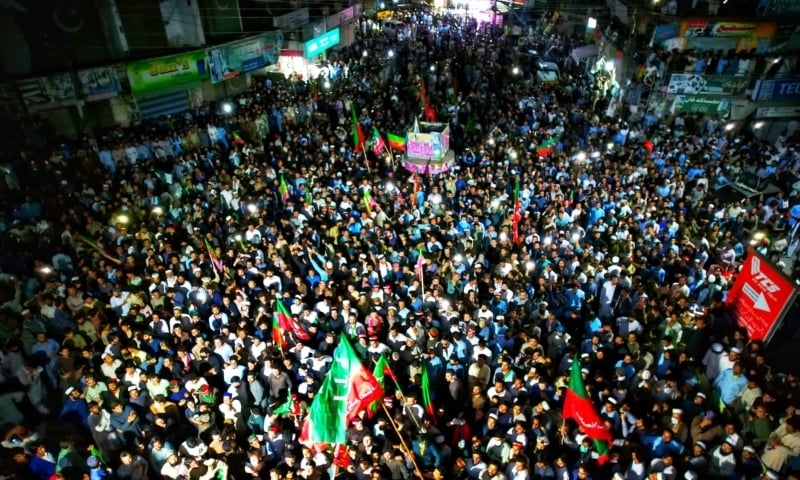The Role of Social Media in Shaping Protests in Pakistan: A Critical Analysis

Pakistan has seen a significant rise in protests in recent years, and social media has played a crucial role in shaping these demonstrations. From the 2014 sit-in by Imran Khan and the Pakistan Tehreek-e-Insaf party to the recent protests against the acquittal of Aasia Bibi, social media has provided a platform for citizens to voice their opinions and organize rallies. However, the impact of social media on these protests is not without controversy. Questions have been raised about the authenticity of social media campaigns, and concerns have been expressed about the potential for manipulation. In this blog post, we will take a critical analysis of the role of social media in shaping protests in Pakistan and explore both the positive and negative aspects of this phenomenon.
Social Media’s Role in Improving Communication for Pakistani Protests
The Pakistani public has been increasingly utilizing social media as a tool to spread word of protests and organize large-scale demonstrations. This has been particularly evident in recent years as the population has become increasingly frustrated with the government and its policies. Social media has allowed individuals to quickly and effectively communicate with one another, spreading information about upcoming protests and rallies. This has made it easier for like-minded individuals to come together and voice their concerns about issues such as government corruption, economic instability, and social inequality. As a result, social media has played a significant role in mobilizing the angry Pakistani public and giving them a platform to express their frustrations with the status quo.

The latest news on the angry Pakistani public protests in Pakistan has highlighted the significant role that social media plays in bringing visibility to these events. Thanks to these online platforms, the protests have gained wider attention, which has led to increased public awareness of the issues at hand. This has enabled more people to understand and empathize with the struggles of those protesting, and has helped to spread their message to a broader audience. Overall, the impact of social media on these protests cannot be overstated, as it has been instrumental in elevating the voices of those fighting for change in Pakistan.
Finally, the Latest News on the ongoing Pakistani public protests showcases a promising shift towards social and political change in the country. With the widespread use of social media and the internet, these protests have gained immense international attention, bringing light to the injustices faced by the common people of Pakistan. As a result, there has been a growing dialogue between the government officials and protesters. This newfound communication is paving the way for crucial reforms and changes in the nation’s governance, which will significantly benefit the people of Pakistan. Ultimately, it is a victory for democracy and highlights the power of peaceful protest in bringing about positive change in society.
Critical Analysis of How Social Media Influenced Recent Protests in Pakistan
The world has seen the power of social media in recent years, with people using it as a platform to express their opinions and act on them. In Pakistan, the recent protests are a testament to this. The angry Pakistani public took to the streets to protest against a brutal police attack on an elderly man and his son, which sparked outrage across the country. Social media played a key role in spreading information about the incident and mobilizing people to take action. Twitter hashtags such as #JusticeForAbaan and #PunjabPoliceTerrorism trended globally, bringing international attention to the issue. This demonstrates the power of social media not only in giving a voice to the people but also in holding those in power accountable for their actions. The Pakistani public has proved that they will not remain silent when their basic human rights are violated, and social media is a powerful tool they can use to make their voices heard.

All in all, the incident and the subsequent protests highlight the power of social media in shaping public opinion and facilitating collective action. The quick dissemination of Hot News through various social media platforms has played a crucial role in mobilizing the masses and bringing attention to important issues. In today’s world, social media has become a game-changer in shaping public discourse and building social movements. While it has its drawbacks, the positive impact of social media on organizing and mobilizing collective action cannot be denied. As demonstrated by the recent protests in Pakistan, social media can be a powerful tool for marginalized groups to voice their concerns and demand change.
To Conclude
In conclusion, the role of social media in shaping protests in Pakistan cannot be overstated. While it has provided a platform for citizens to voice their opinions and organize rallies, its impact is not without controversy. As we have seen from our critical analysis, there are both positive and negative aspects to this phenomenon. On the one hand, social media has facilitated the mobilization of people and the dissemination of information. On the other hand, it has also raised concerns about the authenticity of social media campaigns and the potential for manipulation. Therefore, it is imperative that we approach social media with a critical eye and continue to question its role in shaping protests in Pakistan, taking into account its potential for both empowerment and manipulation. For more information visit our blog Natural Health News.




